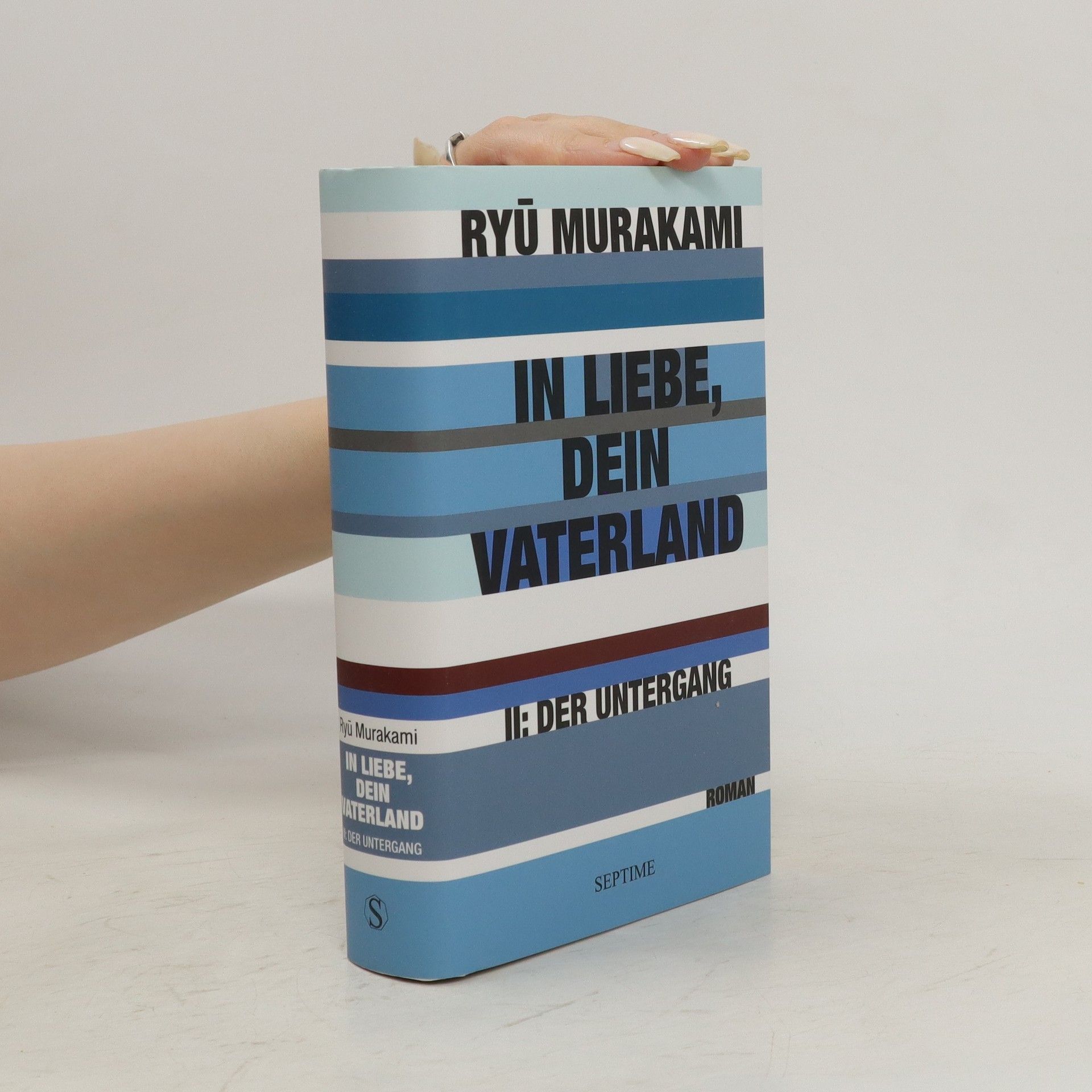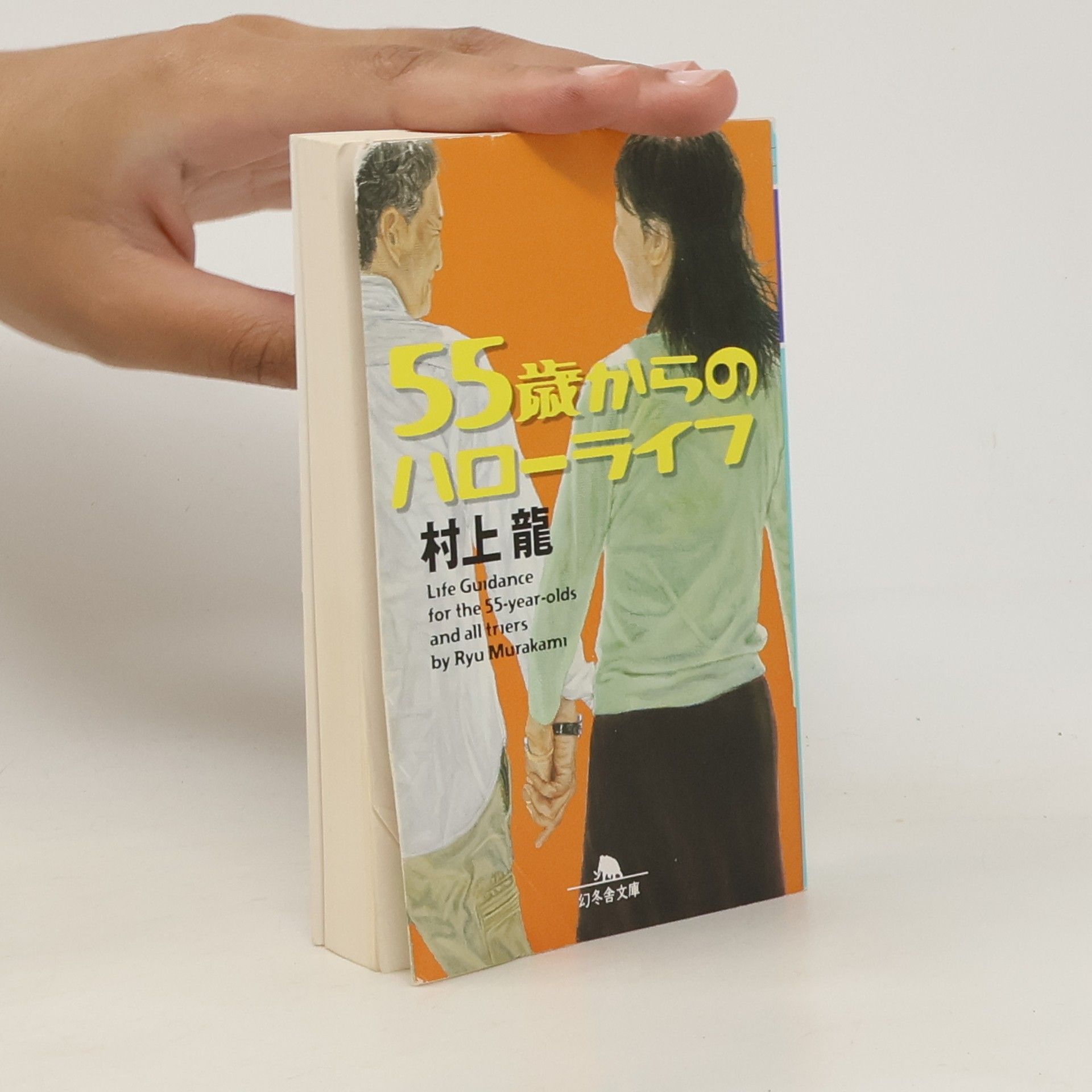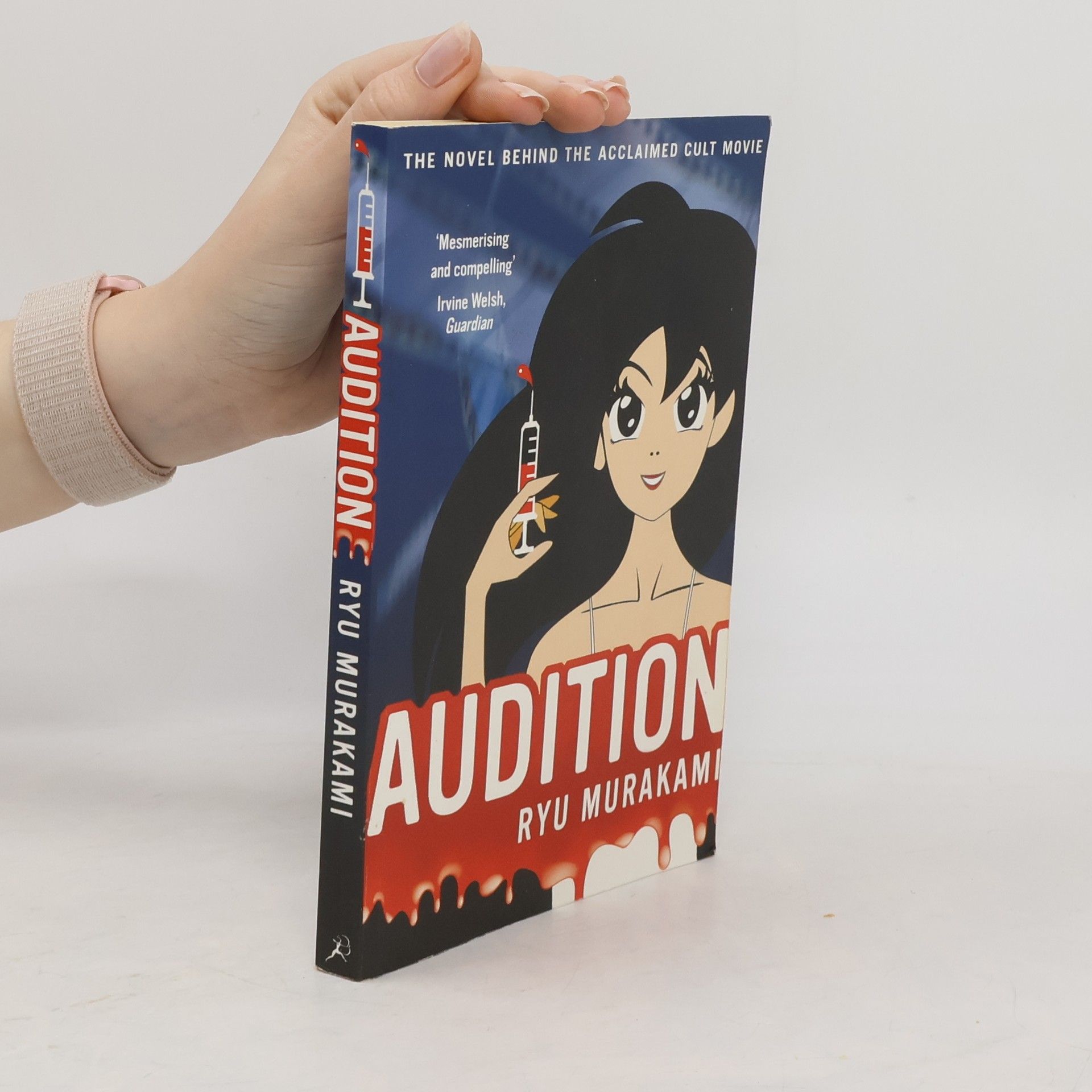Sechs junge Männer ohne Ambitionen, sechs alleinstehende Frauen, die alle Midori heißen, und eine gemeinsame Leidenschaft: Karaoke! Doch was, wenn eine Fehde zwischen den beiden Gruppen eskaliert und in einen regelrechten Krieg ausufert? Ishihara und seine Freunde sind zu nichts zu gebrauchen. Ihr Lebensinhalt sind öde Partys und das Spannen bei der Nachbarin. Als einer von ihnen eine Frau auf offener Straße brutal ermordet, sehen sich deren Freundinnen gezwungen, ihren Tod zu rächen. Sie schließen sich zusammen, um den Täter ausfindig zu machen und zu töten. Nach dem Prinzip »Auge um Auge« beginnen die beiden Lager, sich gegenseitig zu dezimieren, wobei sie auf immer skurrilere und grausamere Methoden zurückgreifen. Diese Aufgabe jedoch ruft in allen Beteiligten auch einen ganz neuen Tatendrang und ungeahnte Fähigkeiten hervor. Untermalt mit den Melodien großer Hits aus der Shōwa-Ära, entsteht ein verheerender Bandenkrieg der etwas anderen Art. In seinem satirischen Roman Superhits der Shōwa-Ära, der sowohl verfilmt als auch fürs Theater adaptiert wurde, karikiert Ryū Murakami schonungslos die Kultur der Moderne sowie den Geschlechter- und Generationenkonflikt in der japanischen Gesellschaft. Dabei zeigt er auf unheimlich mitreißende und komische Weise, wie aus einer vermeintlich unbedeutenden Feindschaft eine Gewaltorgie apokalyptischen Ausmaßes werden kann.
Ryū Murakami Book order (chronological)
Ryū Murakami is a Japanese novelist and filmmaker known for his raw and provocative literary style. His early works, written while still a student, tackled themes of promiscuity and drug use among disaffected youth, earning critical acclaim for their groundbreaking approach and a new style of literature. Murakami's novels often delve into the darker aspects of modern society and the human psyche, exploring alienation and the experiences of a generation grappling with postmodern existence. His distinct voice and uncompromising portrayal of reality have cemented his significance in contemporary literature.

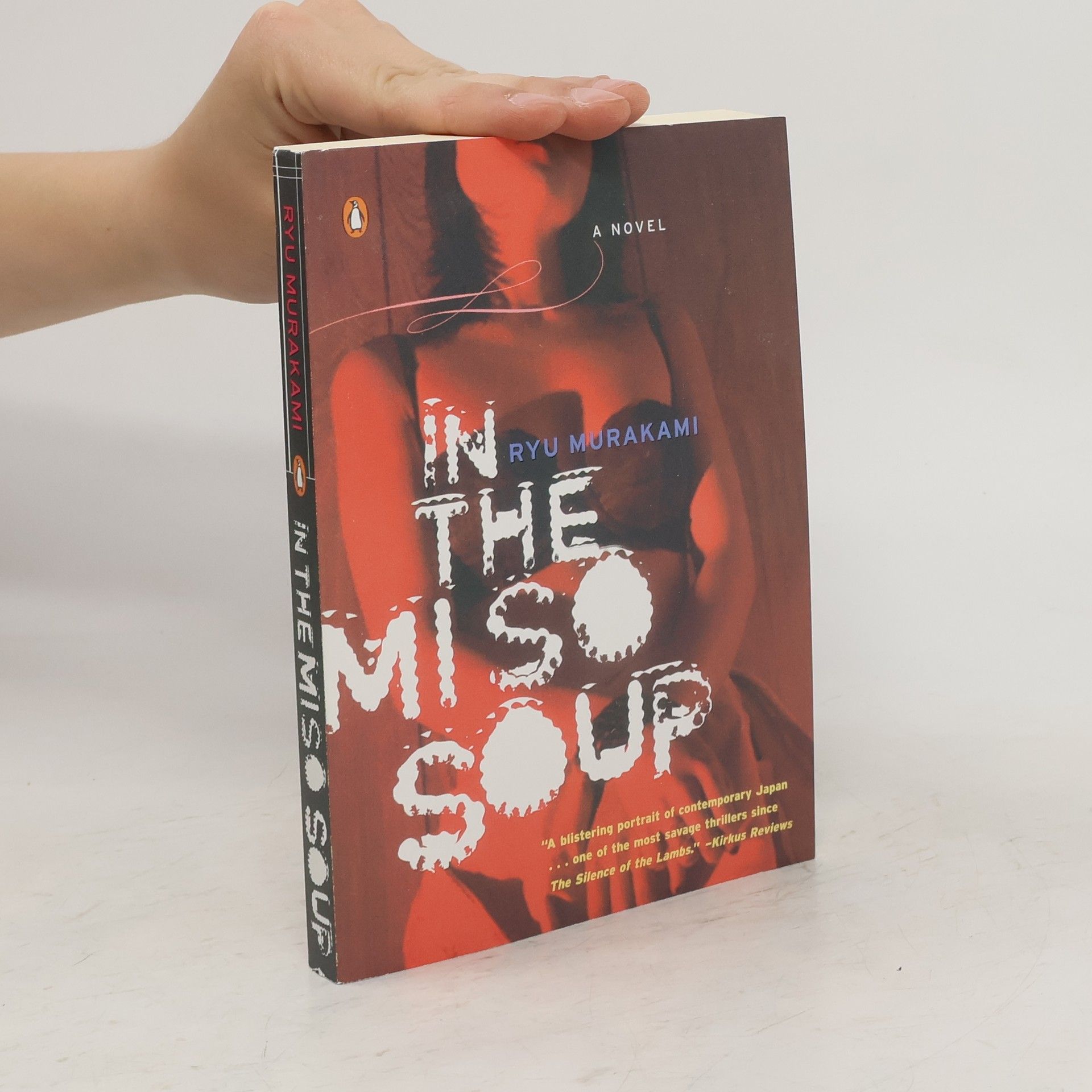
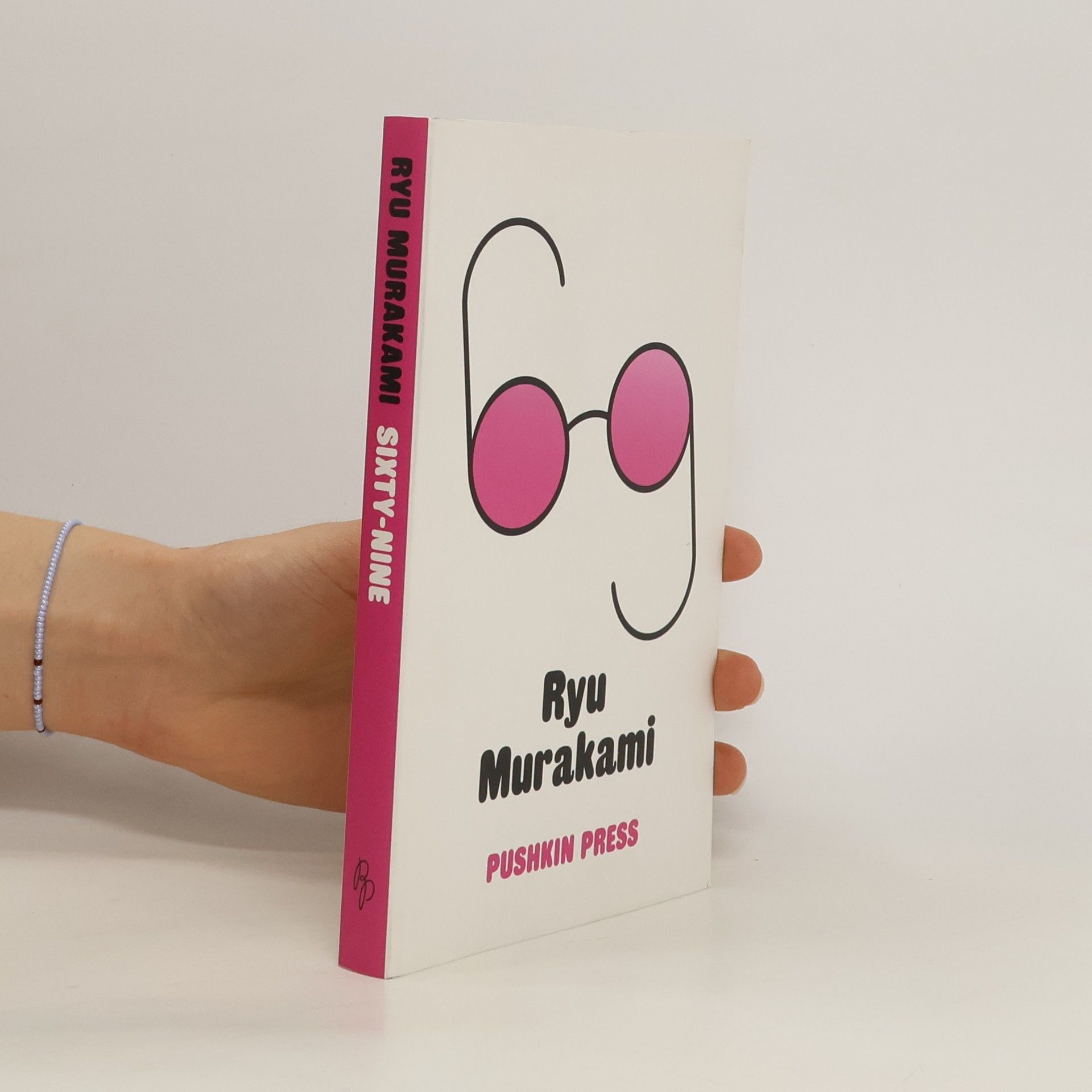


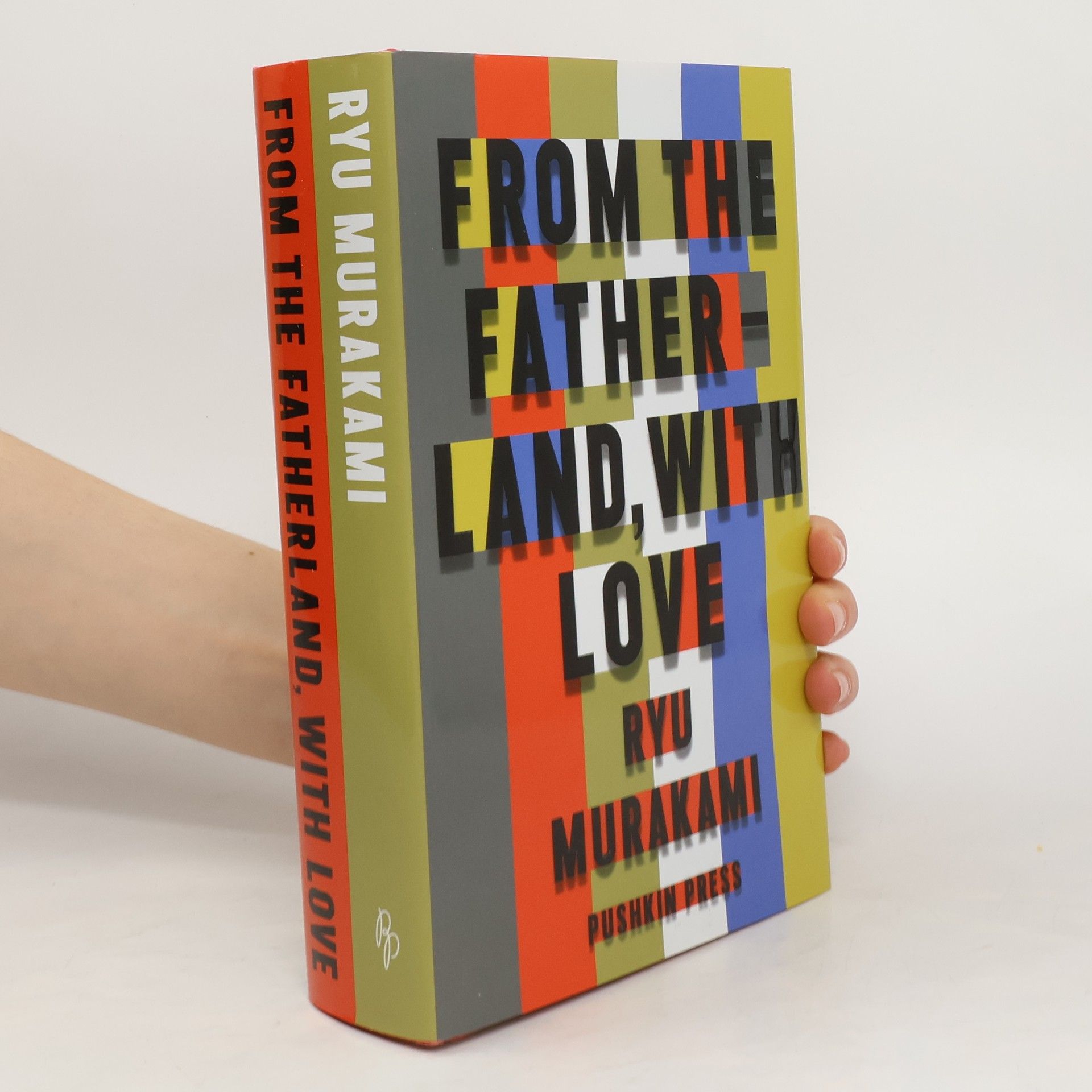
Der 2. und letzte der Teil des Japan-Nordkorea-Epos. Japan befindet sich in einer dystopischen Gegenwart. Amerika lässt seinen einstigen Verbündeten im Stich und Hunderttausende von Obdachlosen ziehen durch das von einer gigantischen Wirtschaftskrise gebeutelte Land. Rechtsgerichtete Politiker haben Aufwind. Nordkorea, das seine Beziehungen zu den USA inzwischen verbessert hat, beschließt, die Schwäche des verhassten Nachbarn auszunutzen, und plant eine heimtückische Invasion. Getarnt als aus Nordkorea geflüchtete Dissidenten besetzt eine Einheit aus neun Elite-Soldaten das Baseball-Stadion der japanischen Hafenstadt Fukuoka und nimmt 30.000 Zuschauer als Geiseln. Im Zuge der Geheimoperation »In Liebe, Dein Vaterland« sollen weitere 120.000 Soldaten folgen und den Süden Japans in eine Provinz Nordkoreas verwandeln. Während die japanische Regierung hysterisch sinnlose Maßnahmen ergreift, nimmt in Fukuoka ein absurder Albtraum seinen Lauf. Die Einzigen, die den Mut haben, den Invasoren entgegenzutreten, ist eine Gruppe junger ausgestoßener Soziopathen, die schon lange auf eine Gelegenheit warten, ihre gewalttätigen Fantasien umzusetzen: Fukuoka darf nicht kampflos fallen. Ein epischer Politthriller von beklemmender Aktualität, wie nur Altmeister Ryū Murakami ihn schreiben kann.
A cream-of-the-crop selection of Murakami's brilliance and piercing wit. This collection shows sides of Ryu Murakami that even avid fans may not be expecting. The intriguing, somewhat disturbing stories that Topaz was based on are included here, as are three entertaining and revealing portraits of the artist as a young man back in the Transparent Blue period of the late sixties and early seventies. We hear tales told by four very different individuals living in eighties Tokyo, each with his or her own problems but all with a thing about a certain pro baseball player, and we meet a brokenhearted young woman who finds an unexpected moment of love in the nineties and a single mother who stumbles on a ray of hope in the hard times of the noughties. Mixed in there somewhere are three linked stories about desire and obsession, with the timeless, seductive rhythms of Cuban music in the background.
55歳からのハローライフ
- 358 pages
- 13 hours of reading
晴れて夫と離婚したものの、経済的困難から結婚相談所で男たちに出会う中米志津子。早期退職に応じてキャンピングカーで妻と旅する計画を拒絶される富裕太郎...。みんな溜め息をつきながら生きている。ささやかだけれども、もう一度人生をやり直したい人々の背中に寄り添う「再出発」の物語。感動を巻き起こしたベストセラーの文庫化!
A side-splittingly funny coming-of-age novel set in the Japan of the sixties, Ryu Murakami's novel is an unusually funny and autobiographical book from an author known for his darkly violent and cynical side. Being young in the 1960s is the same in Japan as everywhere. This is a personal but profound insight into a much wider upheaval in society.
From the Fatherland with Love
- 672 pages
- 24 hours of reading
An ambitious, epic dystopian novel - part political thriller and part satire.
A surreal coming-of-age tale that establishes Ryu Murakami as one of the most inventive young writers in the world today. Abandoned at birth in adjacent train station lockers, two troubled boys spend their youth in an orphanage and with foster parents on a semi-deserted island before finally setting off for the city to find and destroy the women who first rejected them. Both are drawn to an area of freaks and hustlers called Toxitown. One becomes a bisexual rock singer, star of this exotic demimonde, while the other, a pole vaulter, seeks his revenge in the company of his girlfriend, Anemone, a model who has converted her condominium into a tropical swamp for her pet crocodile. Together and apart, their journey from a hot metal box to a stunning, savage climax is a brutal funhouse ride through the eerie landscape of late-twentieth-century Japan.
コツや秘訣を覚えても無意味だ。何かを得ることができる失敗は飢えから始まる。果てしない思考の延長上にアイデアはある。もっともやっかいで、難しく、面倒な選択肢が正解である―。置き去りにされたような孤立感を抱えながらも、淘汰の時代を生き抜くために大切な真のスタートラインを提示する。単行本未収録作品を多数含む、61の箴言。
The shocking psycho-thriller behind the cult Japanese horror film

